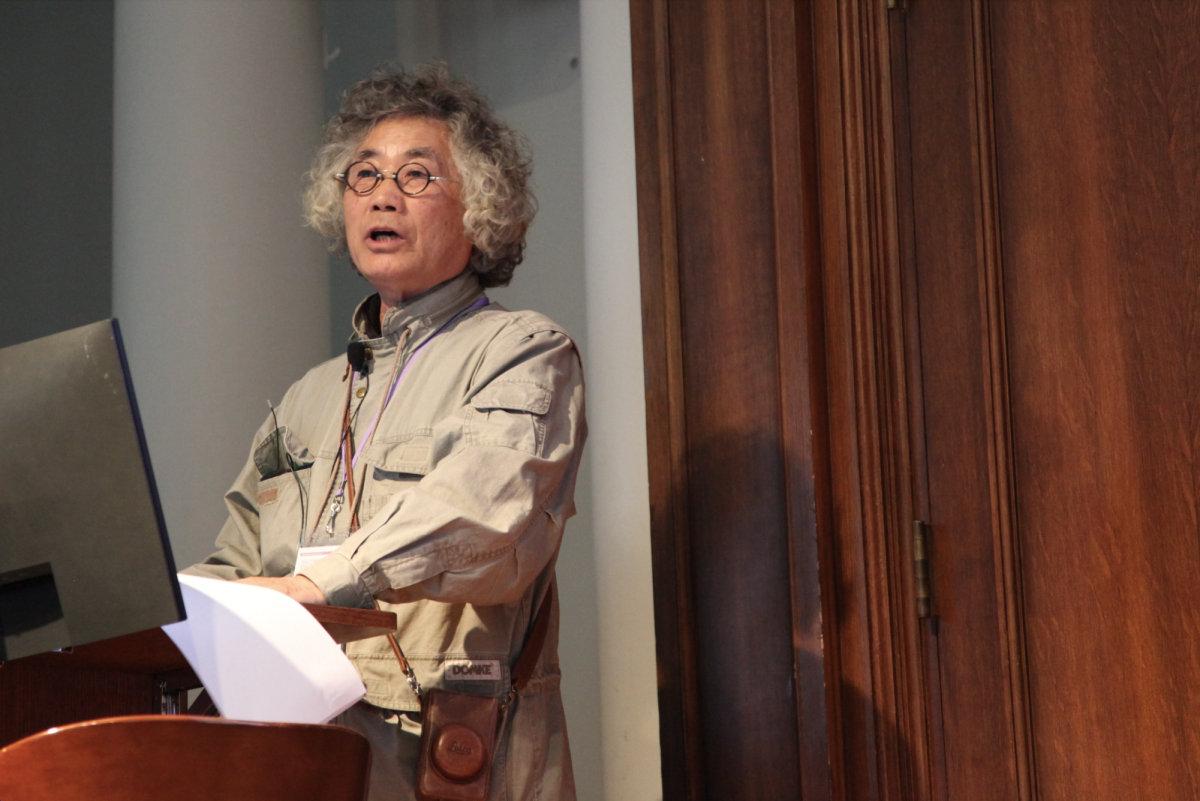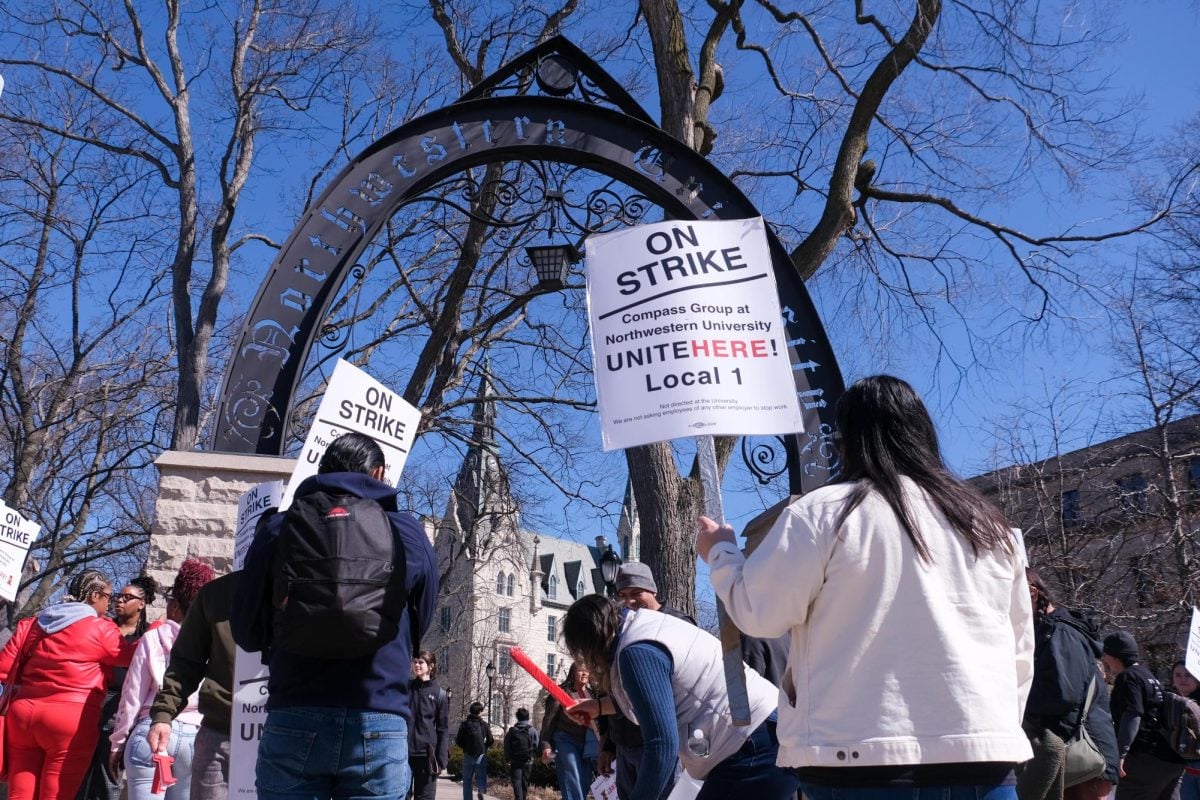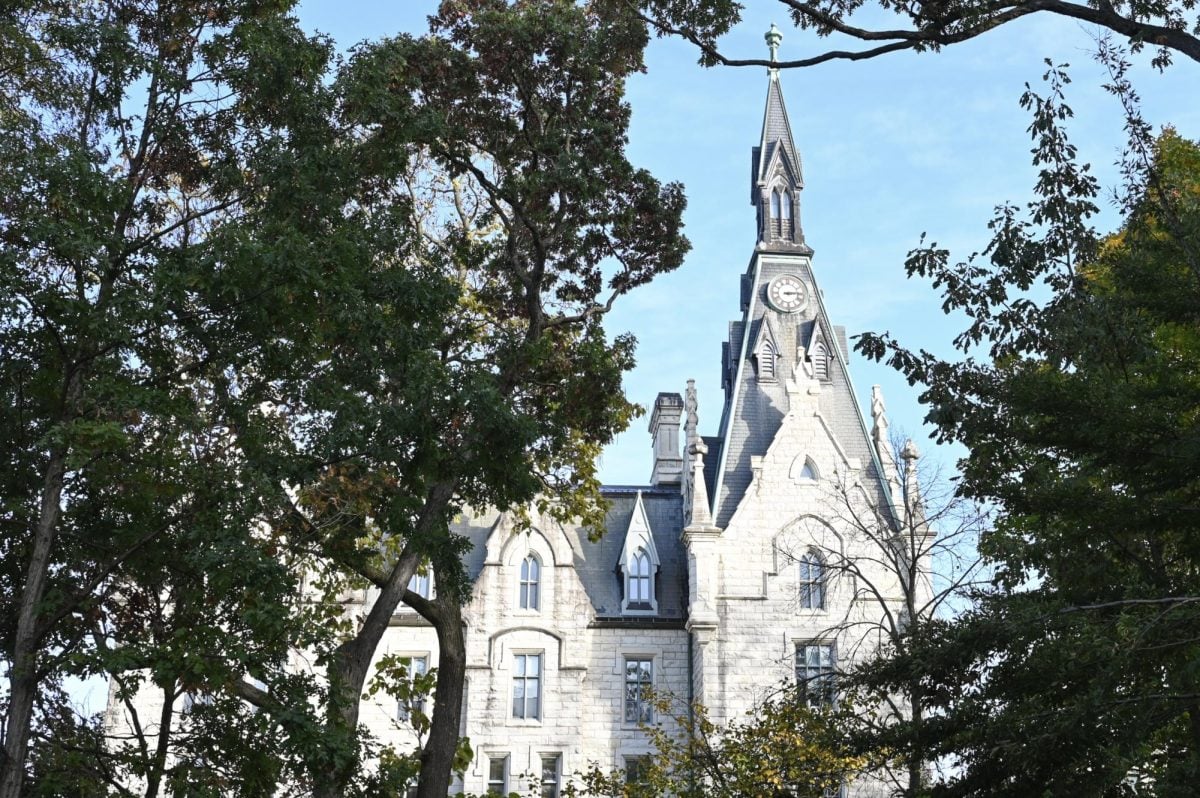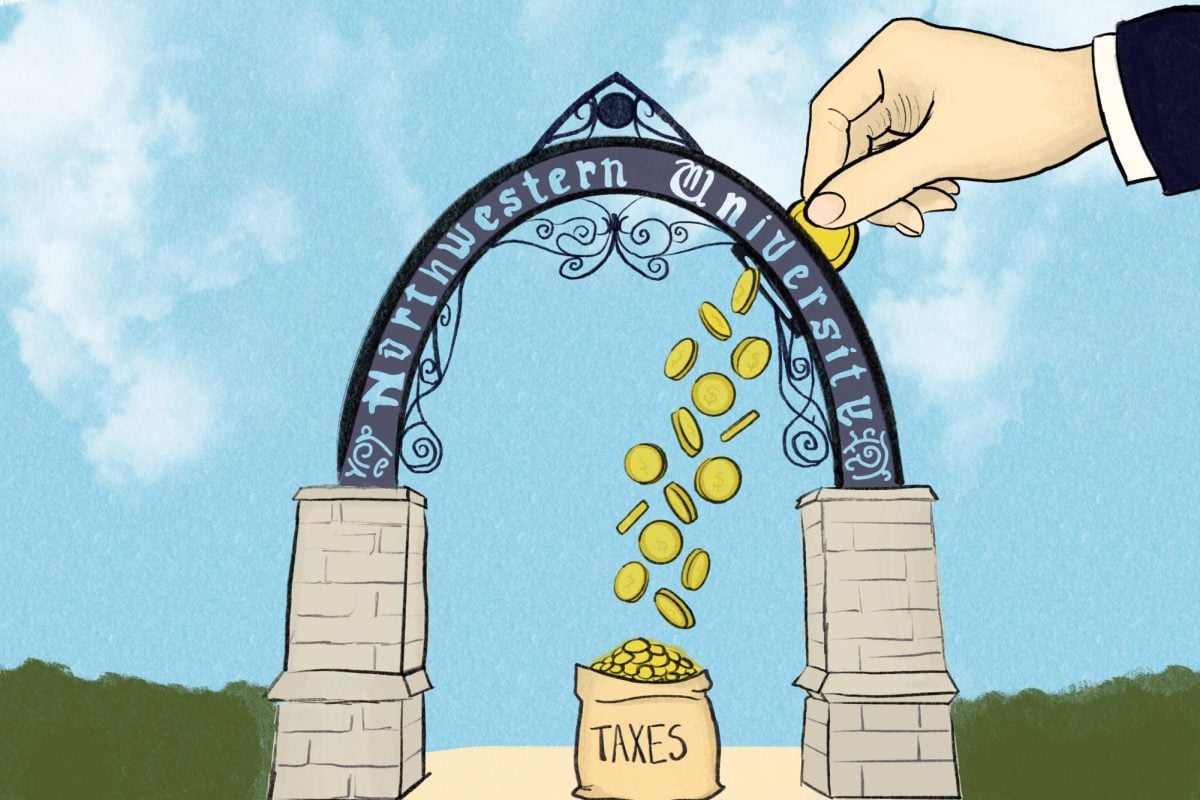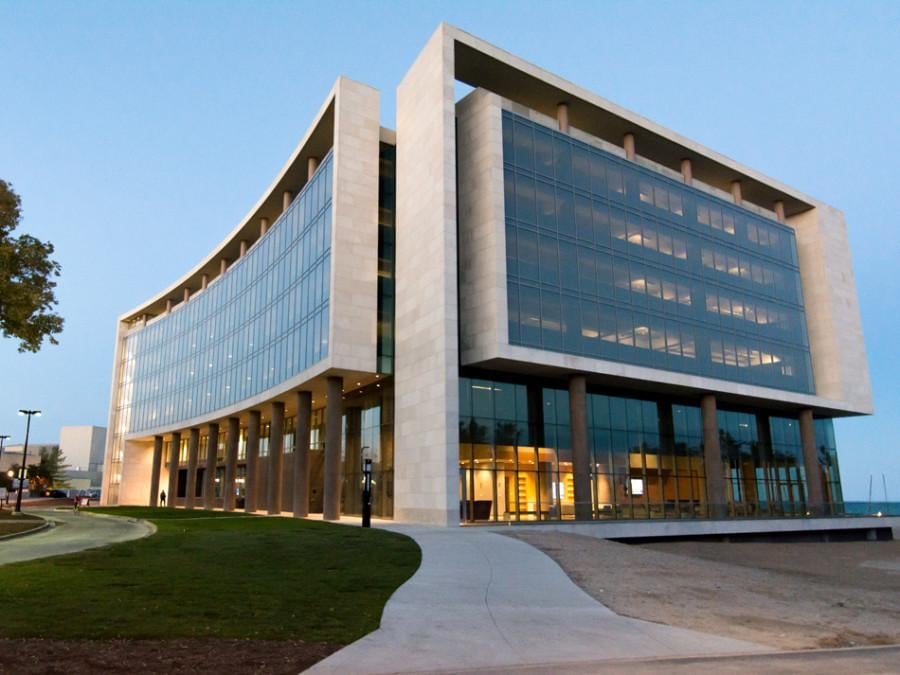Scholars, activists, adopted individuals, journalists and filmmakers gathered Saturday and Sunday to discuss the legacies and present-day impact of South Korea’s adoption program at “Korean Adoption and Its Global Legacies: 70 Years and Beyond,” a conference hosted by Northwestern.
The event featured a slate of keynote addresses, including Brandeis University history Prof. Yuri Doolan. Doolan discussed his new book, “The First Amerasians: Mixed Race Koreans From Camptowns to America,” which examines the history of mixed-race children born to U.S. military servicemen and Korean women and later placed into adoptive families in the U.S.
Photographer and journalist Yong Nam Lee also discussed the need to honor the Korean “comfort women” who served as prostitutes in U.S. camptowns near the Demilitarized Zone.
He said these camptowns evolved into centers for human rights abuse, sex industry cartels and trafficking, particularly affecting the lives of comfort women.
“We can’t neglect the lives of these women,” Lee said.
Lee also pointed to the Korean government’s failure to crack down on sex trafficking measures in order to reduce friction with the U.S. military. Lee said the comfort women who contracted sexually transmitted diseases would be sent to detention centers.
These women deserve compensation for the social stigma that surrounds them today, Lee added.
“There’s a harsh social stigma against being a comfort woman when these women are often rejected by their family or neighbors and forced to live in isolation,” Lee said.
Women, gender and sexuality studies Prof. Patti Duncan at Oregon State University spoke about her experience growing up as a mixed race child in the context of war and militarism. Her father, a U.S. military service member, had met her mother while stationed in South Korea.
Duncan said media narratives associated with mixed-raced families shaped her childhood.
“My family history relied on narratives of how lucky we were to have been brought up in the U.S. and how my father saved my mother from her life in Korea,” Duncan said.
Duncan added that she, like her mother, faced different forms of racism and pressures of cultural assimilation — a problem she had to tackle on her own.
On her first trip to Korea, Duncan said she began tracing her connections with other mixed race and adopted Koreans. It also opened her mind to appreciating the cultural identity inherited from her mother.
“I inherit my mother’s struggles, her experiences of war and her trauma, but I also inherit her strength, her resilience and resourcefulness, her fierce love and devotion for me, as well as her deep sense of pride in our heritage and background,” Duncan said.
A panel of mixed race Korean adoptees discussed their experiences building community and discovering their Korean identities. They said that factors like patriarchy, gender preference and population control policies play a role in people’s adoption decisions.
The conference was held in honor of Ithaca College anthropology Prof. Sue-Je Lee Gage, a renowned scholar of Amerasians in South Korea. Gage died on May 10, 2020.
Weinberg sophomore Yiju Choi, who served as a volunteer at the conference, said she appreciated learning about stories she otherwise would never have encountered.
“It’s just a very unique experience,” Choi said. “You really don’t get to know these people regularly in real life. We don’t really know their stories and how they got to where they are.”
Email: jerrywu2027@u.northwestern.edu
X: @Jerrwu
Related Stories:
— One Book One Northwestern hosts Helen Cho for talk on Korean diaspora
— Korean American Students Association makes families near and far

